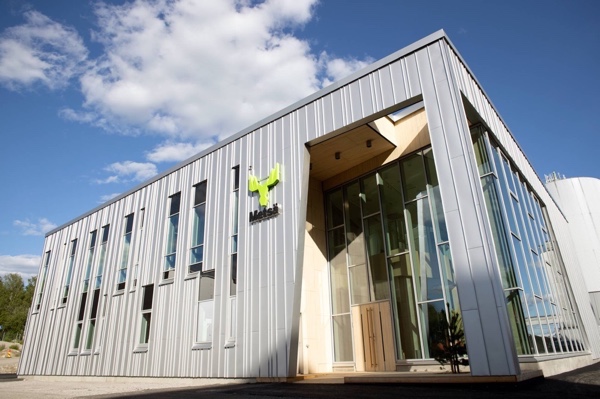Consumables
Metsä Boards simulation and testing services help develop secure pharma packaging

Tuesday 08. June 2021 - Ensuring that vaccine vials and their potentially life-changing contents remain safe, sterile and identifiable throughout their tightly controlled supply chain is no easy task, and taking risks is not an option. With the new extended 360 Service offering,
Metsä Board, part of Metsä Group, is testing the paperboards and simulating packaging designs used by pharma manufacturers to package and protect vaccine doses, providing absolute confidence that the materials are up to the task.
COVID-19 and other vaccines are typically stored and transported in extremely cold conditions, which can be as low as -70 degrees Celsius, before being thawed out ready for administration. The secondary paperboard packaging must be able to withstand these temperature extremes and protect the vials throughout the entire process.
When a converter is producing packages for cold-chain transportation they have to be 100% certain that the materials they are using are appropriate. This is where Metsä Boards in-depth testing and simulation capabilities are extremely valuable for the pharma industry.
“Paperboard for pharma packaging needs to retain its specified thickness, mechanical strength and water absorption properties regardless of the conditions it faces, and it must not affect the primary packaging in any way. Any changes in dimensions could cause curling or bulging, which could pose a risk to the integrity of the packaging and therefore the safety of the product inside. We are able to test paperboard and packaging samples in both extremely cold and extremely humid conditions, and develop packaging strength simulations to demonstrate how a package will perform in the real world,” Markku Leskelä, VP Research and Product Development, Metsä Board, says.
At its Excellence Centre in Äänekoski, central Finland, Metsä Board has the capabilities to test the performance of paperboard and pharmaceutical packaging samples across a wide temperature and humidity range. The conditions can be varied according to the specific needs of each individual case, and it is also possible to programme different cyclic temperature and humidity changes to mimic the real-life conditions faced by vaccines as they travel along the supply chain.
“With the help of a local partner we can test packaging samples down to -70 degrees Celsius and combine transportation tests with board conditioning tests,” says Leskelä. “This kind of thorough research provides our customers with the confidence that the paperboard they want to use is appropriate for the application in question. And if the results show that it is not, we can recommend an Metsä Boards simulation capabilities include finite element (FEM) simulation, where it is possible to take a 3D design drawing or measure the dimensions of an existing package sample, and use this structural data together with the strength data of the paperboard to calculate the strength of a complete packaging design. “With powerful computers and skilled personnel at our disposal, we can perform this kind of simulation within a single day to help speed up the process of getting a critical drug to market,” Leskelä highlights.
